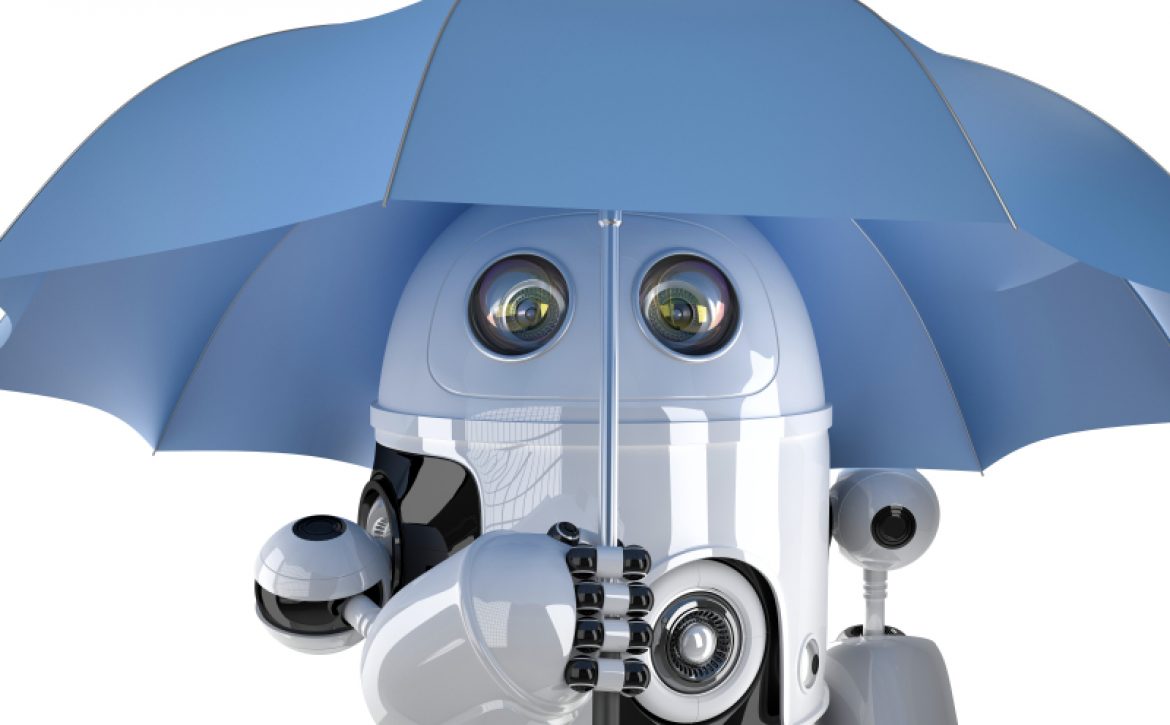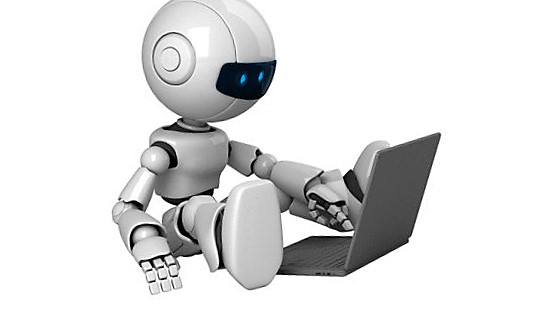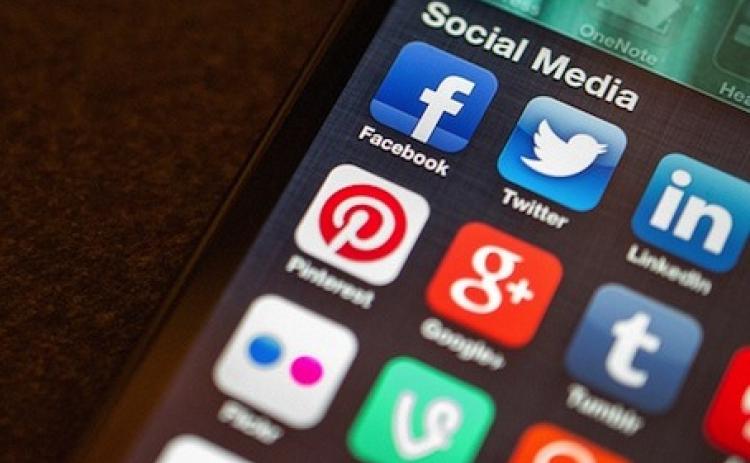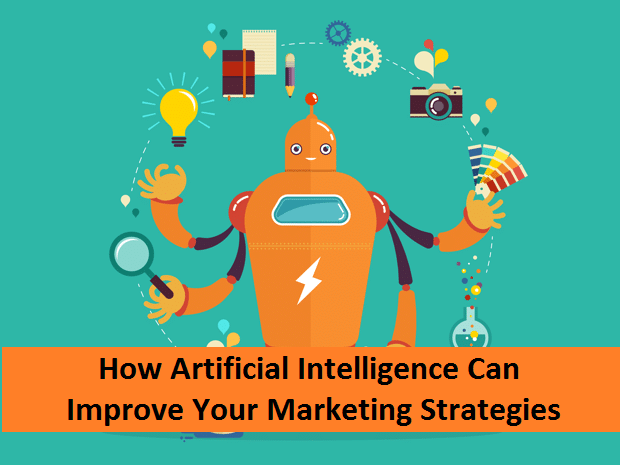2017 – The Year of Artificial Intelligence
The AI Surge
The continued interest of businesses and consumers alike in going beyond the norm has spawned the massive rise of Artificial Intelligence globally. Even if we are ready or not, AI is definitely entering our lives and will not stop anytime soon. Be it NLP, ML, or cognitive computing, AI is providing tremendous gains to businesses in improving their sales and marketing functions, and assist in design of new business models.
Some eye-opening stats indicate the way businesses are embracing Artificial Intelligence like never before–
- Gartner predicts that by 2020, almost 1/3rd of the companies will use AI in some form within atleast one of their primary sales processes.
- IDC predicts that by 2019 (just two years down the line), 40% of the digital transformation initiatives will involve AI capabilities
- IDC also predicts that by 2019, almost all IOT initiatives will be supported by AI capabilities
Be it self-driving cars or digital PA’s, AI is growing and growing fast. 2017 can rightly be called as the watershed year for AI. There are four primary reasons for this statement:
1 – Decreasing computing and bandwidth costs
Chips are becoming smaller and more cost-effective. This means that in all likelihood there will be a chip or processor in every single thing. This reversal of Moore’s Law will be the primary accelerant for increased adoption of Artificial Intelligence the world over. Also the steadily falling bandwidth costs means that faster speeds can be availed of at a lower price.
2 – Data – The oil needed to run AI machine
Any AI system is as good as the data it generates, analyzes and acts upon. Fortunately, with the rise of Social, Media, Analytics, and Cloud (SMAC), the volume and velocity of data being generated from various sources has literally exploded in the last decade. This data is now being harnessed in smart ways by AI systems to improve their performance and provide a better user experience. It is data that enables machine to learn. Instead of models, we now have actual data to describe various conditions to feed into the AI system.
3 – Connected devices
The parallel rise of IOT and connected devices is also a big boost to the Artificial Intelligence industry. RFID and sensors have enabled transmission of huge amount of quality data among connected devices that can also receive instructions and be programmed for specific actions.
4 – Improvements in Machine Learning capabilities
On its own, data cannot be used much. It needs to be refined and analyzed so that patterns emerge ad trends arise from seemingly random numbers and figures. With Machine Learning, algorithms and models can be applied to extract this advantage from unrefined data. Some examples include –
- Facebook’s DeepFace,
- Google AI platform, AlphaGo that beat a Chinese player in Go, and
- Google X Labs’ Machine Learning algorithm that picks cat videos on YouTube
As evident, Artificial Intelligence will be a significant disruptor across major industries in the world. The key question here will be – Are you already to adapt to the magical world of AI?









